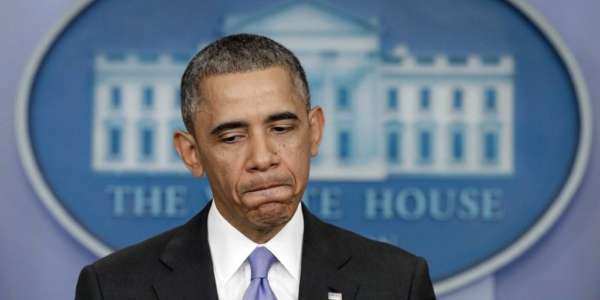An alarming report from the Association of Medical Colleges says America will be short a million doctors by 2025 and that the shortage of primary care physicians makes up a third of that number.
We’re already feeling the effects of the shortage today.
Tasked with checkups and referring more complicated health problems to specialists, these doctors have the most consistent contact with a patient. But 65 million people live in what’s “essentially a primary-care desert,” said Phil Miller of the physician search firm Merritt Hawkins.
Without those doctors, our medical system is “putting out forest fires — just treating the patients when they get really sick,” said Dr. Richard Olds, the chief executive officer of the Caribbean medical school St. George’s University, who is attempting to use his institution’s resources to help alleviate the shortage.
Dr. Ramanathan Raju, CEO of public hospital system NYC Health + Hospitals, goes even further, saying the U.S. lacks a basic primary-care system. “I think we really killed primary care in this country,” said Raju. “It needs to be addressed yesterday.”
The primary-care gap is particularly acute in about one-third of states, which have only half or less of their primary-care needs being met. Connecticut is a standout among the group, at about 15%, with Missouri, at 30%; Rhode Island, at 33%; Alaska, with 35%; and North Dakota, at 37%, next on the list, according to government statistics.
“The real problem is we don’t have enough doctors in the right places and in the right specialties,” Olds said, noting that doctors tend to cluster in big cities, and are far more scarce in rural areas and in other small communities as well as certain parts of some big cities.
The report lists several reasons for the fall off in primary care physician numbers, including the “fee for service” payment model:
Reform-minded critics say compensation should instead be based on the period of time a patient is cared for. They argue that this structure would incentivize preventative care and prevent unnecessary (and often costly) medical procedures. The Centers for Medicare and Medicaid Services is in the very early stages of considering this global payment model.
Experts say it’s not just that primary-care doctors are paid less; they also typically work longer hours and have to be well-versed in a wide array of medical issues, to refer patients to the appropriate specialists.
Also contributing to the precipitous decline is the Obamacare mandate for doctors to switch to electronic health records (EHR), which is a time-consuming, costly addition to a physician’s duties.
As one of them wrote, “My colleagues who have already left practice all say they still love patient care, being a doctor. They just couldn’t stand everything else.” By which he meant “a never-ending attack on the profession from government, insurance companies, and lawyers . . . progressively intrusive and usually unproductive rules and regulations,” topped by an electronic health records (EHR) mandate that produces nothing more than “billing and legal documents” — and degraded medicine.
I hear this everywhere. Virtually every doctor and doctors’ group I speak to cites the same litany, with particular bitterness about the EHR mandate. As another classmate wrote, “The introduction of the electronic medical record into our office has created so much more need for documentation that I can only see about three-quarters of the patients I could before, and has prompted me to seriously consider leaving for the first time.”
As medicine becomes more socialized, fewer physicians are willing to put up with the rules and regulations handed down by bureaucrats who wouldn’t know a stethoscope from a tongue depressor. Also, the huge time commitment to become a physician, as well as the increasing cost of medical school, disincentivizes young people.
Whatever needs to be done to fix this mess has to start soon. And a good place to begin is to repeal Obamacare’s onerous mandates.
Source: American Thinker

